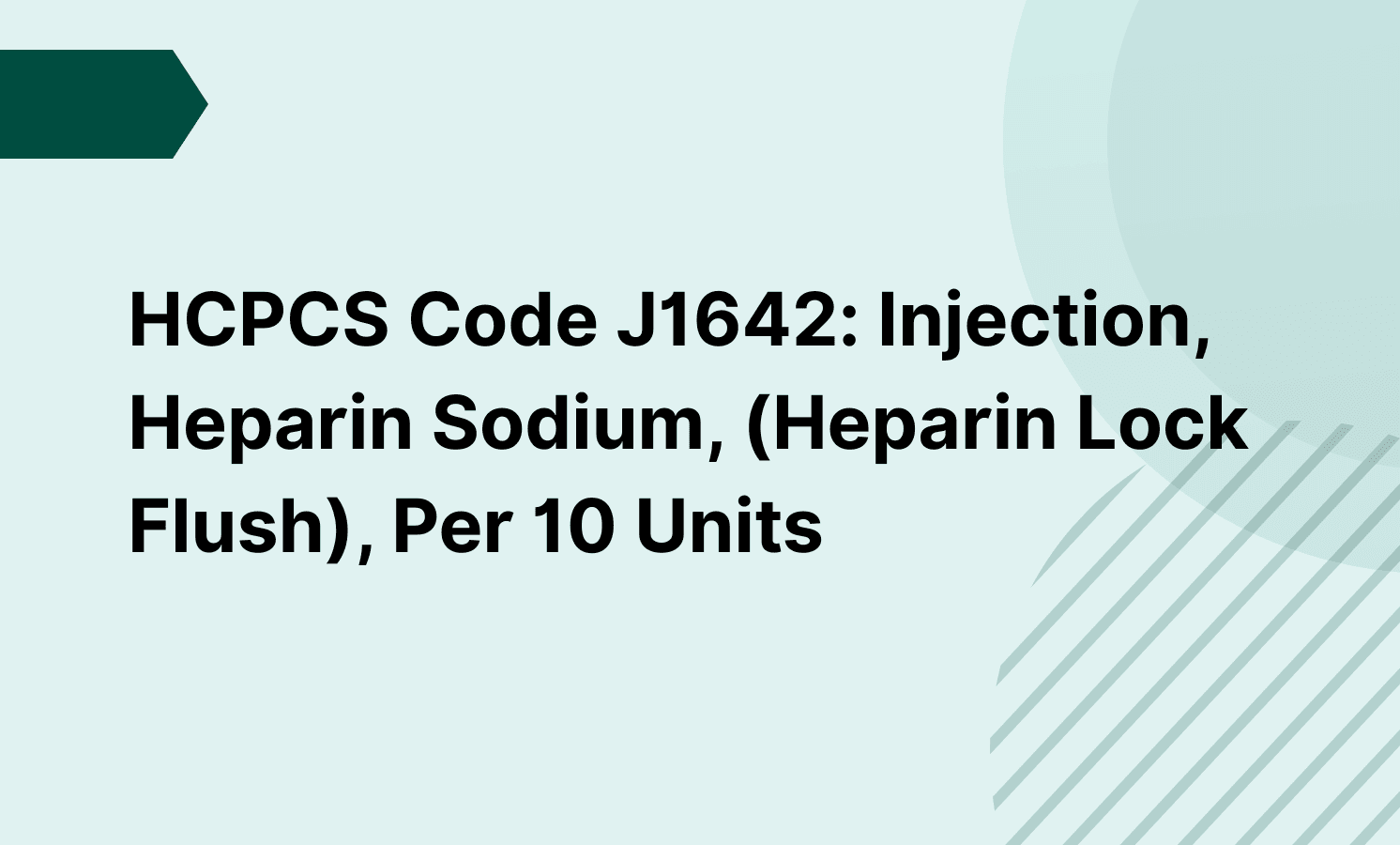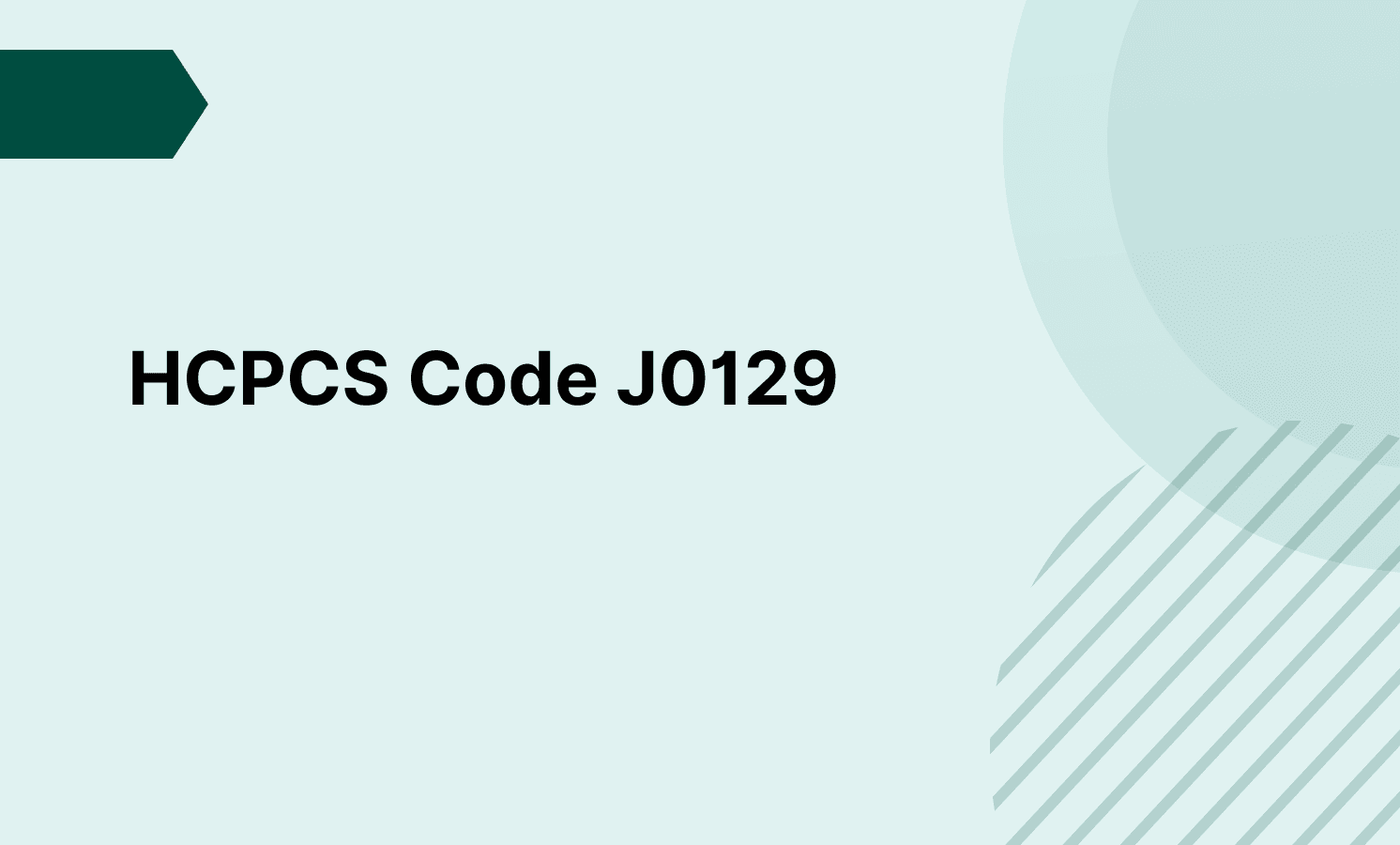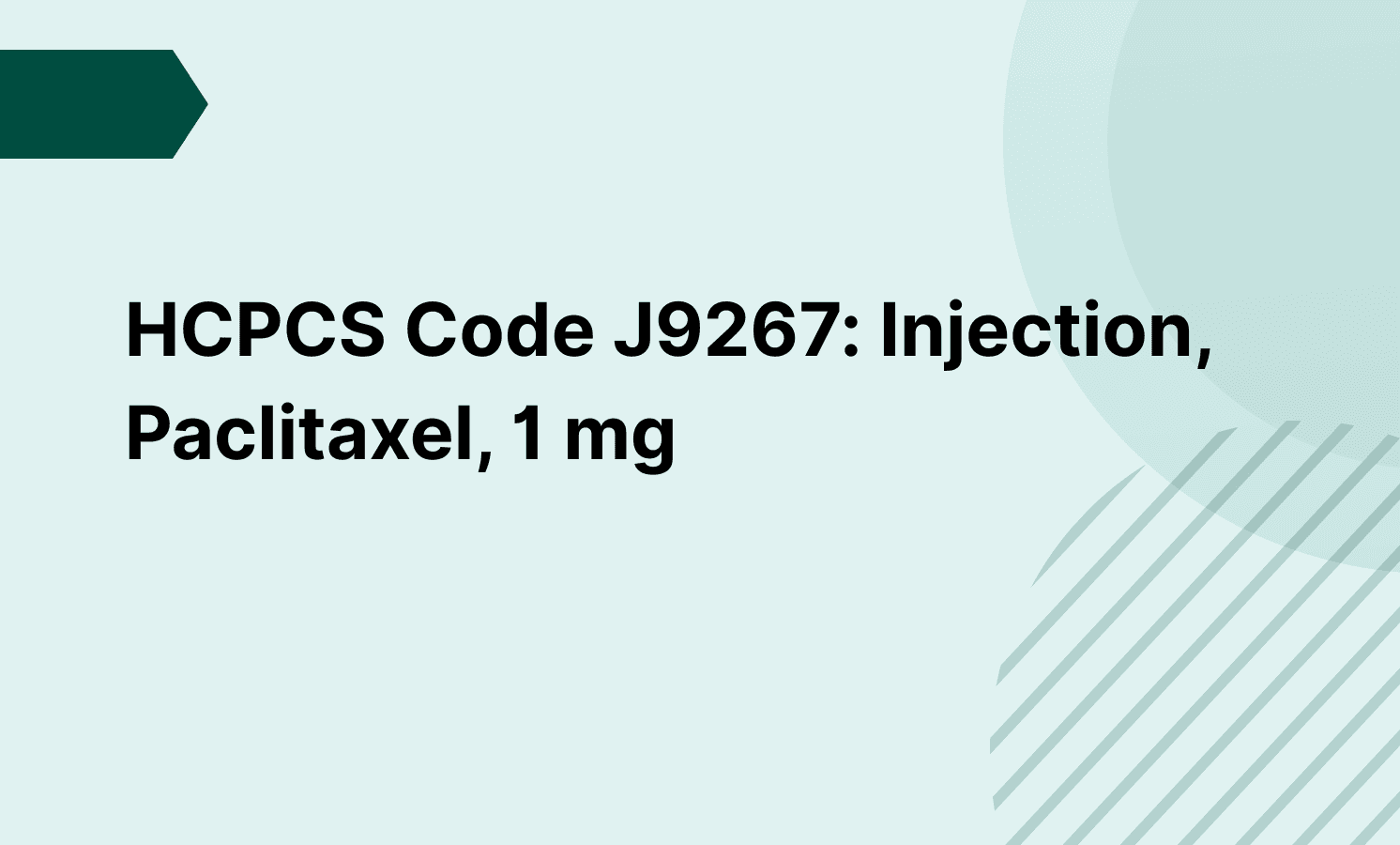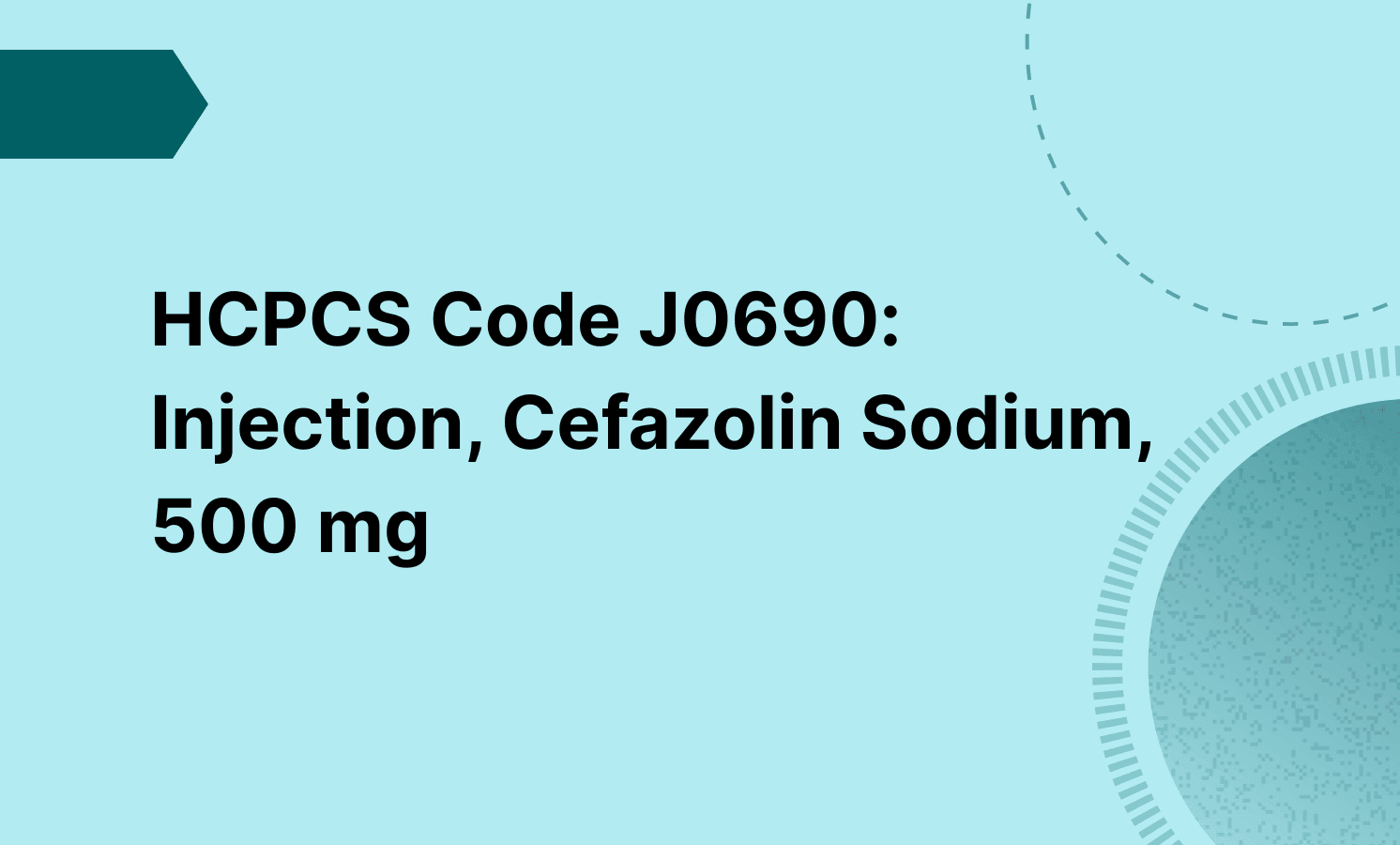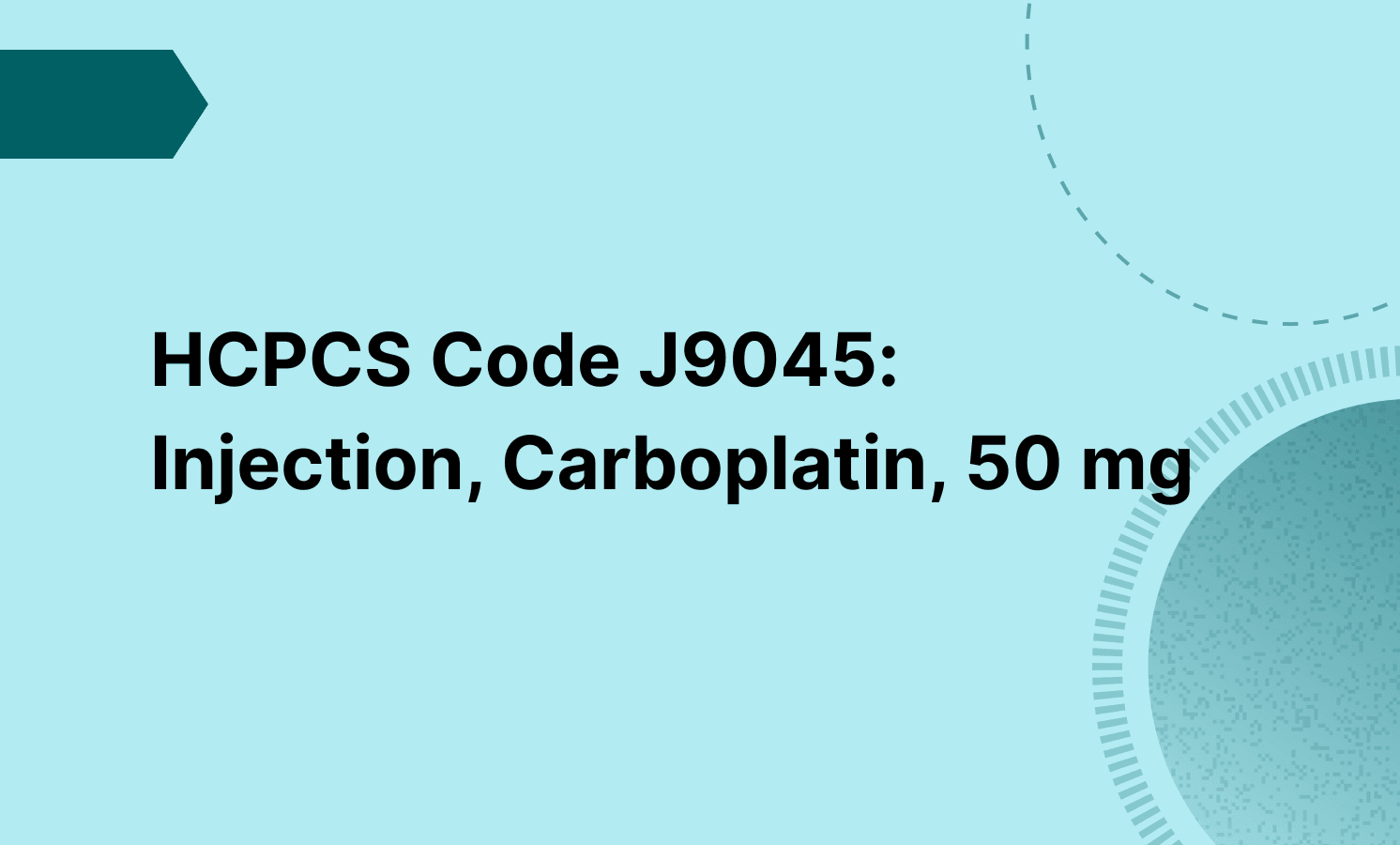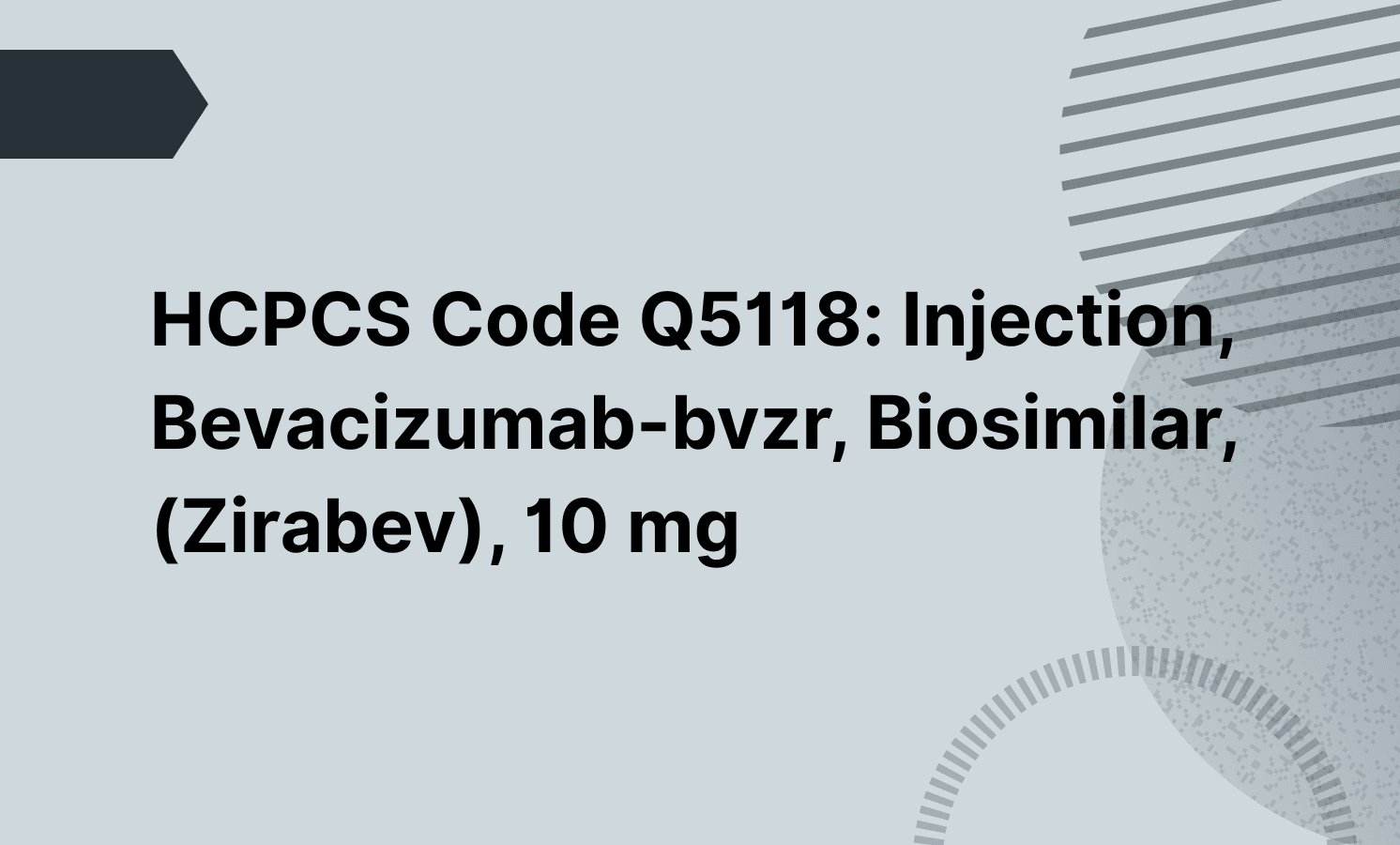The CPT code for CT colonoscopy screening is 74263. This code covers computed tomographic colonography performed specifically for colorectal cancer screening, including image postprocessing. This code distinguishes screening exams from diagnostic CT colonography procedures coded as 74261 (without contrast) or 74262 (with contrast).
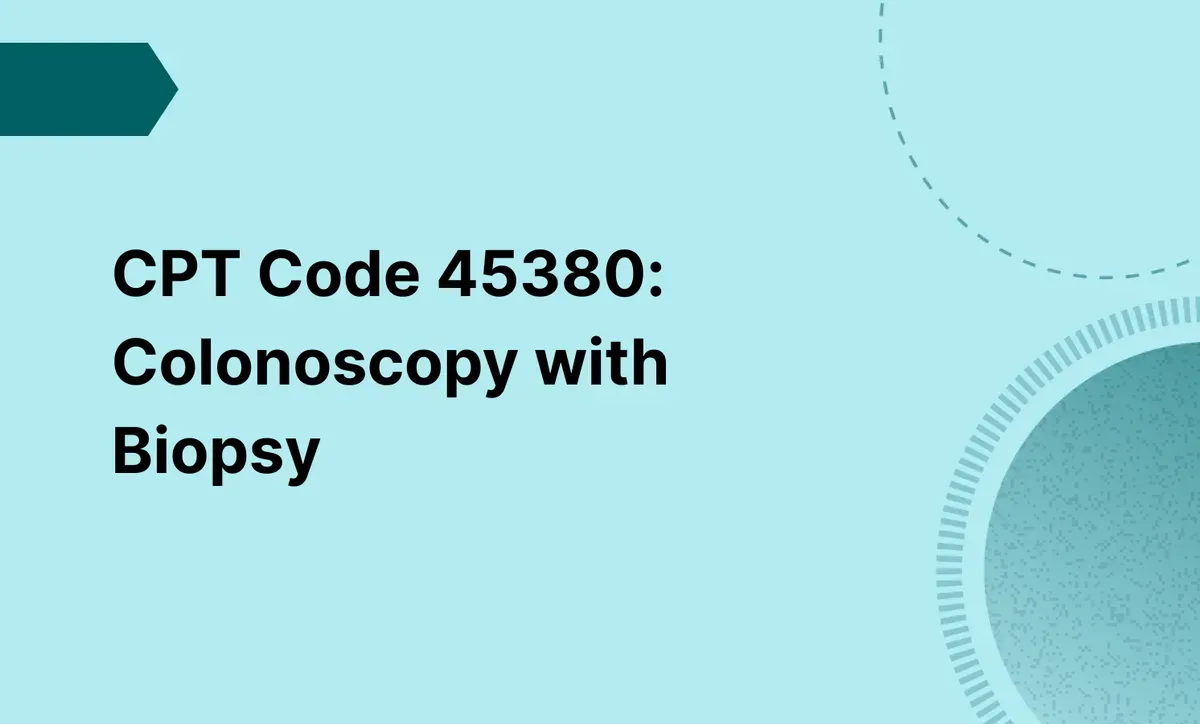
CPT Code 45380: Colonoscopy with Biopsy
Learn key insights on CPT code 45380 for more accurate billing, documentation, and coding.
Frequently asked questions
A screening colonoscopy is performed on asymptomatic patients without signs or symptoms of colorectal disease, primarily to detect early cancer or precancerous polyps, and is coded with HCPCS codes G0121 (average risk) or G0105 (high risk) for Medicare, or CPT 45378 with modifier 33 for commercial payors. In contrast, a diagnostic colonoscopy is conducted when symptoms (such as bleeding, pain, or abnormal test results) warrant investigation, coded with CPT 45378 without the screening modifiers, reflecting a medically necessary diagnostic procedure.
Diagnostic colonoscopies are often not fully covered by insurance without patient cost-sharing because they are considered medically indicated procedures following symptoms or abnormal findings, unlike screening colonoscopies, which are preventive services often covered without cost-sharing under the Affordable Care Act. Therefore, patients may be responsible for copays or deductibles for diagnostic colonoscopies, as insurers do not waive these costs when the procedure is not purely preventive.
EHR and practice management software
Get started for free
*No credit card required
Free
$0/usd
Unlimited clients
Telehealth
1GB of storage
Client portal text
Automated billing and online payments

